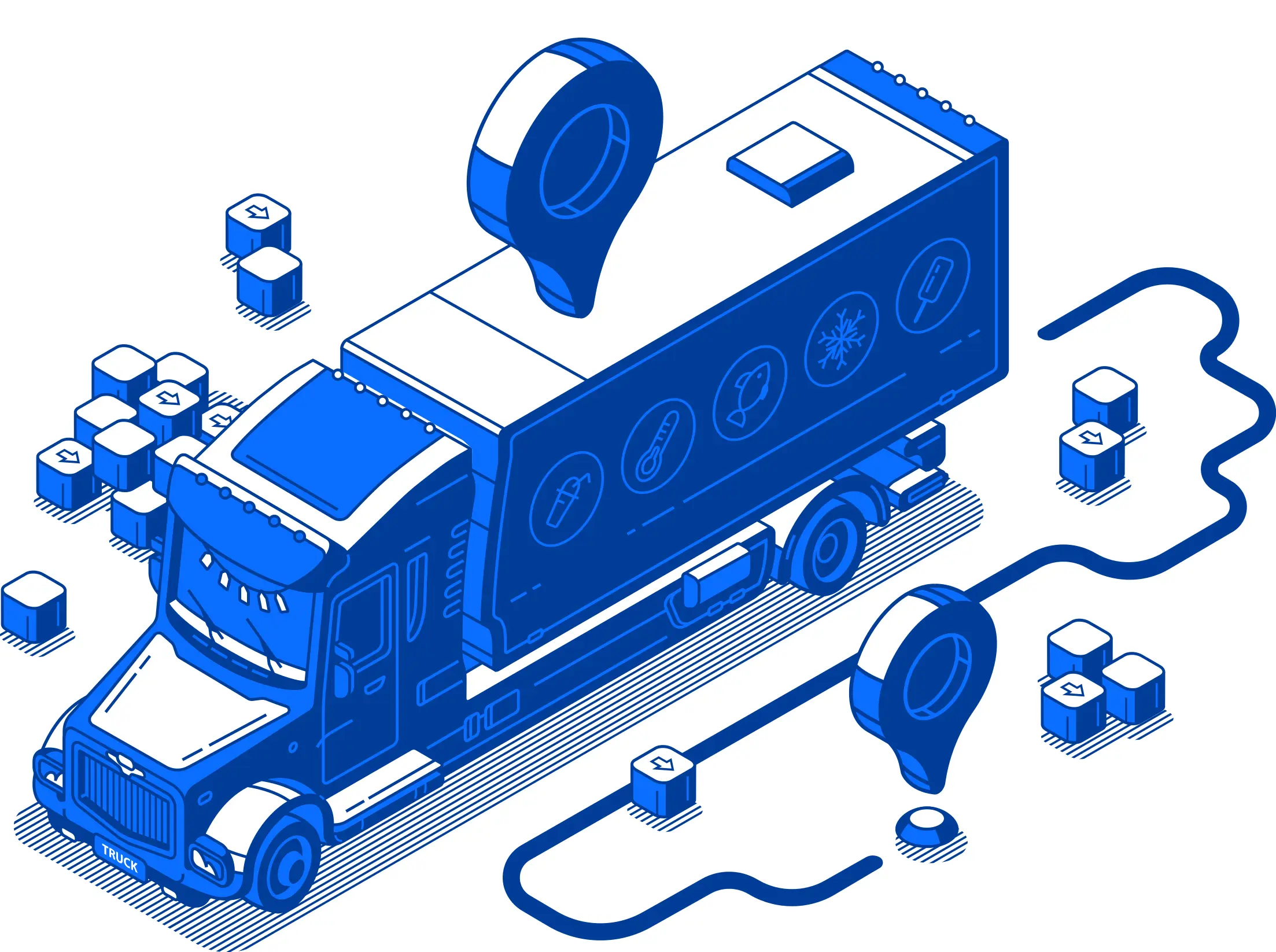Within the U.S., 2020 saw light duty trucks travel approximately 672.1 billion miles and two axle/six tire or larger trucks topped 124.8 billion. With more than 41 million trucks on the road in 2019 (including Class 8 trucks), it’s estimated that 45.6 billion gallons of fuel (both diesel and gasoline) were used. Older trucks tend to be less fuel efficient than newer trucks, so that’s something to consider when deciding when you should replace rather than repair your trucks.
Before you rush out truck shopping, you need to weigh the pros and cons. The best way to do this is by sitting down and considering each of these factors.
How Busy Are Your Mechanics?
There’s one key reason you should consider replacing trucks more often. How long is it taking to get your trucks back on the road when it comes to maintenance and repairs? If the downtime is eating into your profits, you have to take a closer look at what’s happening.
When you have an older truck that needs repairs, it can take time to get the appropriate parts. Find out how available some of the more common parts are. What if it’s not a common part? How long are you going to wait before the part is even available?
During that time, a truck is taking up more space in service bays or lots. In the first year or two, it takes about 2.5 hours per month to maintain a truck, but it increases to 4.5 hours in the third year. If your mechanic doesn’t have a huge garage, a large team of mechanics, or multiple bays, it can make it difficult to keep up or find room for your truck while waiting. You could find your mechanic is unable to fit you right in. How much money do you stand to lose in the meantime?
If you don’t have your own bays or garage, that can make it tough. You’re at the mercy of them having time to fit you in. You may want to consider an in-house mechanic if you have the space and can afford the equipment. You’ll have a dedicated mechanic who only works on your trucks.
Consider the Age of Your Trucks
How old are your trucks? The older a truck is, the harder it can be to get components for the repairs. At some point, you have to weigh how easy it is to get parts. Having an older truck doesn’t mean you won’t be able to get your truck fixed, but you may need to have a part engineered specifically for you. That can take time and cost a lot of extra money. You must decide if the time and money are worth it.
Is your truck old enough and worn to the point it’s a hassle passing inspections? If your truck isn’t going to pass an inspection without major, costly repairs, it’s time to get a new or new-to-you truck. Before you decide used is the only way you can afford a new truck, look at leasing options.
Revenues and Finances Must Be at the Top of Your List
The U.S. Department of Transportation reported there are 996,894 private and interstate motor carriers in 2021. Of those carriers, 91.5% have no more than six trucks and 97.4% have no more than 20 trucks. Your trucks are your livelihood. If one breaks down, it can put a major damper on your revenues. If that repair means you’re down a truck for days or even weeks, it’s devastating. This is another factor you must carefully weigh when deciding when to replace your trucks.
Fleet Advantage recommends a three-year lifecycle to maximize value. If you keep a truck longer than three years, you risk spending more money on repairs and maintenance than you would if you traded in for a newer model of truck. Savings of more than $42,000 are possible when you move to a three-year replacement schedule. It’s worth considering.
How much are your monthly repairs and maintenance costing you? If you’re spending 15 cents per mile on average and a new truck would drop that to 7 cents, it’s a savings of more than 50%. That might be worth the time and effort to go truck shopping.
If you do replace them, is leasing smarter? It can cost less to lease, but it also means that you need to watch the lease terms when it comes to how many miles you drive. If you purchase a truck, how long is the truck loan? If you take out a loan, most loans fall in the range of two to seven years.
Trading in your truck at the three-year mark can be costly. A two-year loan will have higher payments. You need to consider this if you don’t have the cash to buy the truck without taking out a loan.
How Solid Are Your Monthly Revenues?
Do you have consistent revenues coming in? If you don’t, can you afford a payment on a new truck? If it’s going to be tight, you may need to shop for a used truck, but that can mean inheriting someone else’s problems. You need to make sure the truck is in good repair, passes safety inspections, and has been properly maintained over the years.
A new truck is in the cards, but you still need to remember that your business credit score impacts the loan terms you’re offered. The higher your credit score, the better the loan terms. Shop around for the best offer. The interest rate that a dealer offers you may not be as competitive as the bank you work with regularly.
If you have a handful of shippers and brokers that you work with, what happens if one of them pays late? When just one payment that comes days or even weeks late can impact your business, it’s time to find another option. Freight factoring provides the means to get paid right after your pick up or deliver a load.
What Is Freight Invoice Factoring?
Invoice factoring is a handy service for trucking companies. When your driver picks up a load, you can use the app to upload a bill of lading to get part of the payment immediately. Or, wait until the load is delivered and get 100% of the money you’re owed minus the freight invoice factoring fee.
How much is that fee? It depends on the contract you sign, but at Saint John Capital, invoice factoring fees start at % (11+ trucks). You may also experience bank fees for the transfer of funds to your bank account. If you submit your bill of lading before the deadline and have a Saint John Capital debit card, it’s possible to get paid the same day.
Saint John Capital offers more than invoice factoring. You can also use our app to find loads, track loads, and assign loads. Run free business credit checks on brokers or shippers you’ve never worked with before to decide if you want to haul their loads. Arrange auto payments to have money coming in on a specific schedule. You’re also welcome to pick and choose which invoices you factor. Sign up with Saint John Capital to learn more.











